Viewers are transported to a time much like the 1950’s, though one more phantasmagorical than literal. A leather-clad gang, lit in neon blue, stalk the street in outfits that recall both Scorpio Rising and Rebel Without a Cause, with dance moves reminiscent of West Side Story. They are accompanied by a jazzy score, and they emit various hisses and shouts of aggression. These gang members are known as the Young Gents. Eventually, they come across a couple who they kill and rob in cold blood.
They are observed by Suze (Andrea Riseborough) and Arthur (Harry Melling), an outwardly conventional couple, who are so shocked by what they’ve seen that they stand with mouths open. The gang threatens them, then find out which apartment they live in, giving Suze and Arthur extra reason not to report what they’ve seen. Their contact with this gang, however, is far from over, and the incident has left its mark on both of them. It has not so much traumatized but liberated them, though this liberation is not without its trials.
Suze begins to realize she is not only a queer woman trapped in the role of a housewife, but that she desires to wear leather and partake in extreme acts of aggression. Arthur, who has always held traditional masculinity at arm’s length, starts to do so even more. Also, he and one of the gang members make eyes, and Arthur’s gaze drifts down to the man’s crotch. The rest of the film chronicles Suze’s and Arthur’s journeys to allow their hidden selves free rein as the gang, and the impression they’ve made on this couple, refuses to leave.
Director Amanda Kramer creates a world and commits to it. In other words, she swings hard. The lighting is often bright neon, and the production design matches it with lurid inversions of the comforting kitsch we associate with the 1950s. The dance and fantasy sequences are ribald and erotic, and the actors attack their lingo-laden, caricature-ish dialogue with unselfconscious rigor, with over-the-top grunts and snarls. Kramer mentions John Waters, Rainer Werner Fassbinder, Peter Greenaway, and others of a similar ilk in the press notes, and it is clear she intends to follow them in wildness and in their embrace of extremes.
Be that as it may, much of the dialogue feels about as edgy as a college diversity workshop, with characters openly stating their opinions about masculinity and the like in a way that is so obvious and artless that it doesn’t even work as satire. It’s a pity, because there were plenty of times at the beginning, as wacky dance numbers started, that I was thinking this film might be a lot of fun.
Most fatally, the film’s portrayal of Suze and Arthur is reductive. The central thrust of the film is their embrace of their queerness. However, for Suze, becoming queer means becoming nasty, violent, and aggressive. For Arthur, it means not only accepting his desire for men but to become more sensitive—in one moment, he cowers, clinging to Suze’s leg like a little child. No one in their right mind would deny that traditional concepts of gender roles are stifling, yet the alternatives into which these two escape are so rigid and childishly conceived that it’s hard to see them as liberating.
Though this film tries to push boundaries, it ends up feeling tame. By the end, I was convinced that the queer undertones in films like Red River, Rebel Without a Cause, and Rebecca (hell, even Top Gun) were more subversive than the queer overtones in this one. As such, it would make an instructive double bill with Riley Stearns’s The Art of Self Defense, which presents an equally simplistic challenge to traditional gender roles.

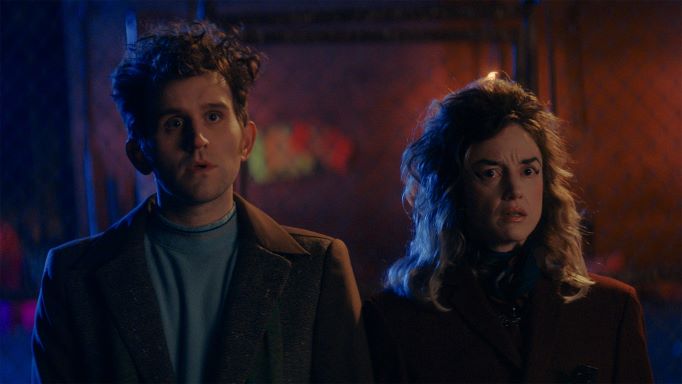
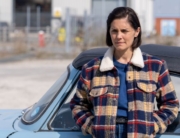
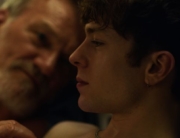

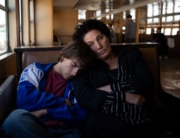
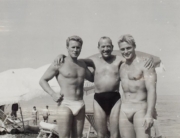
Leave A Comment